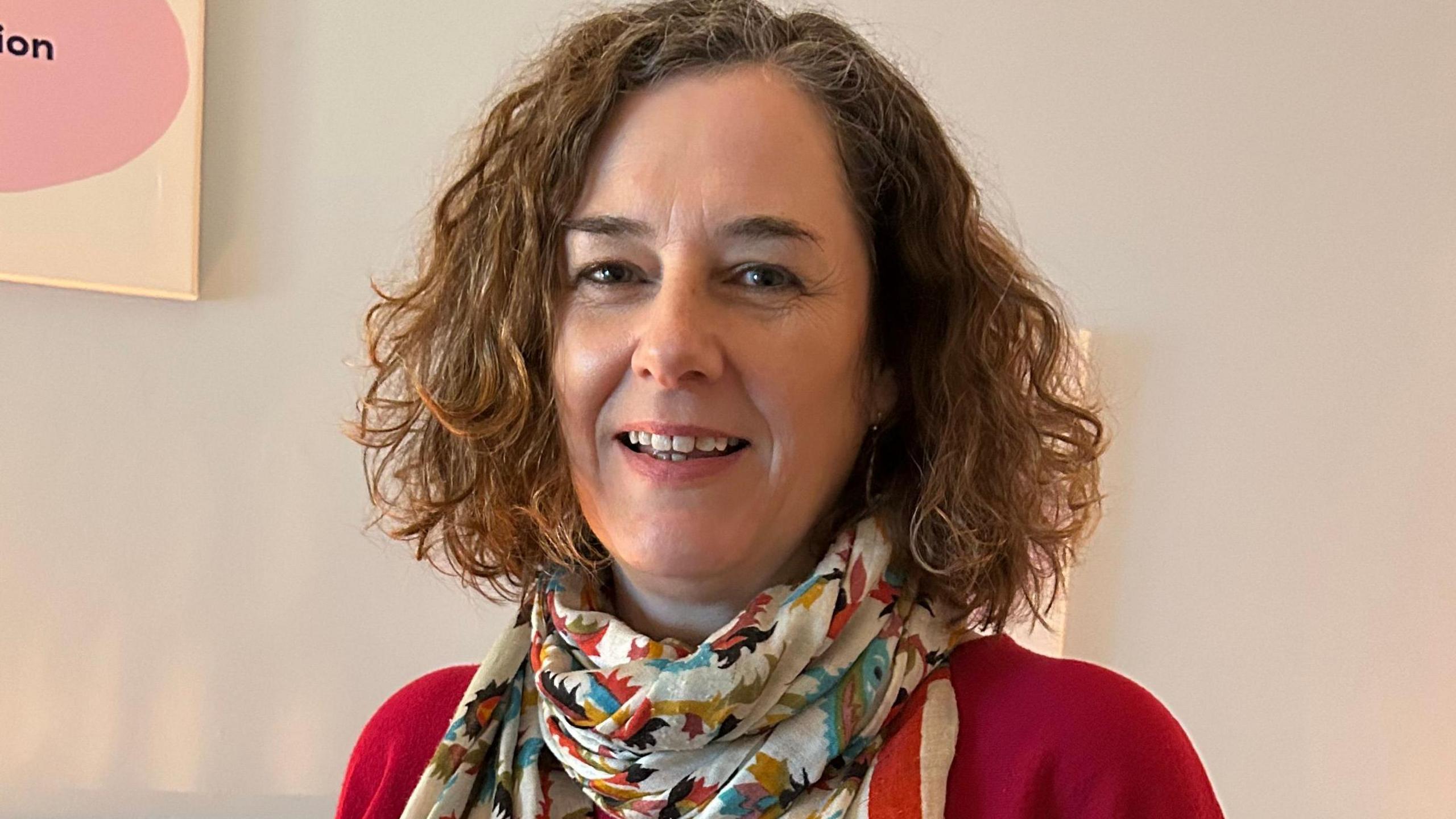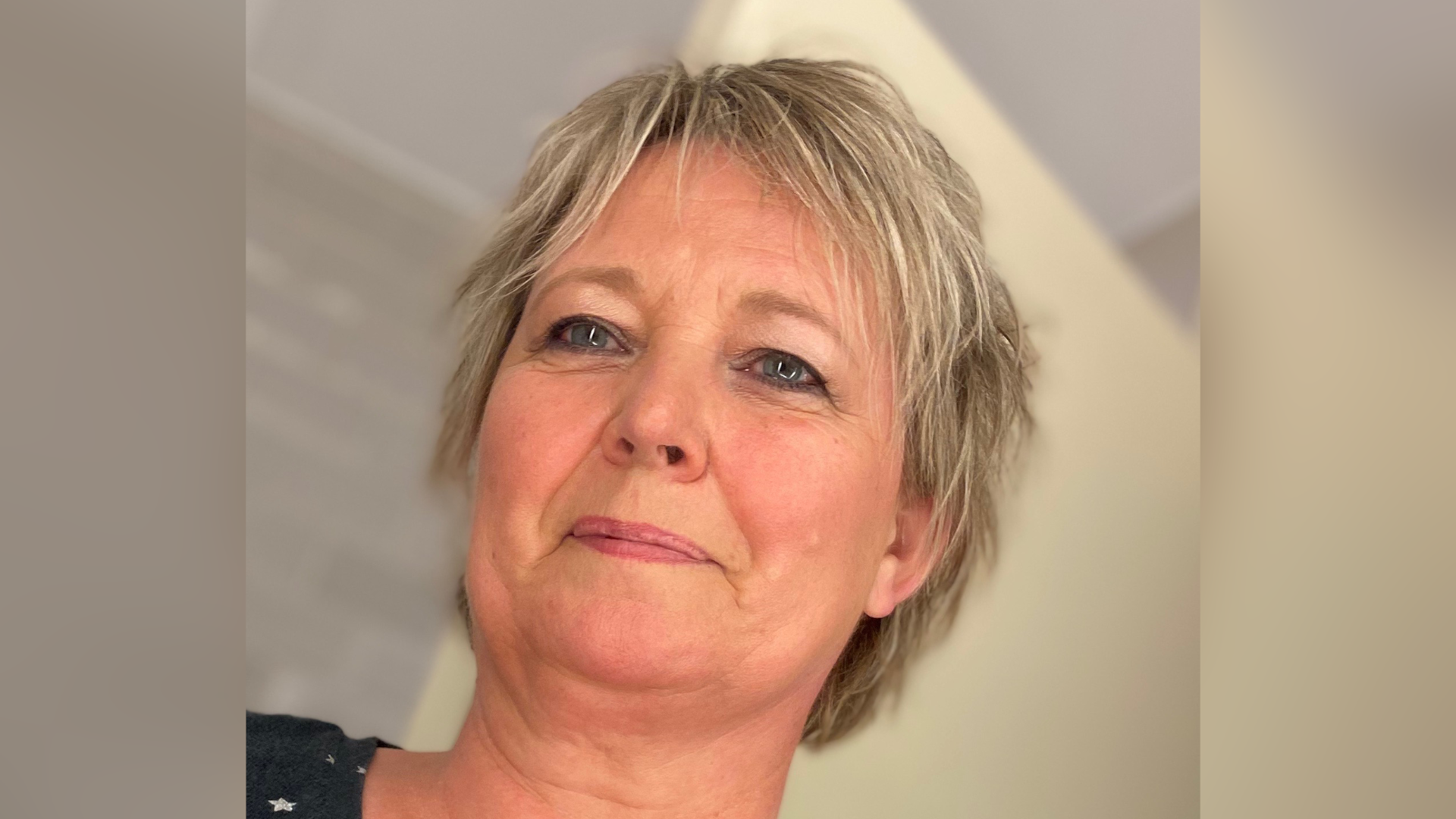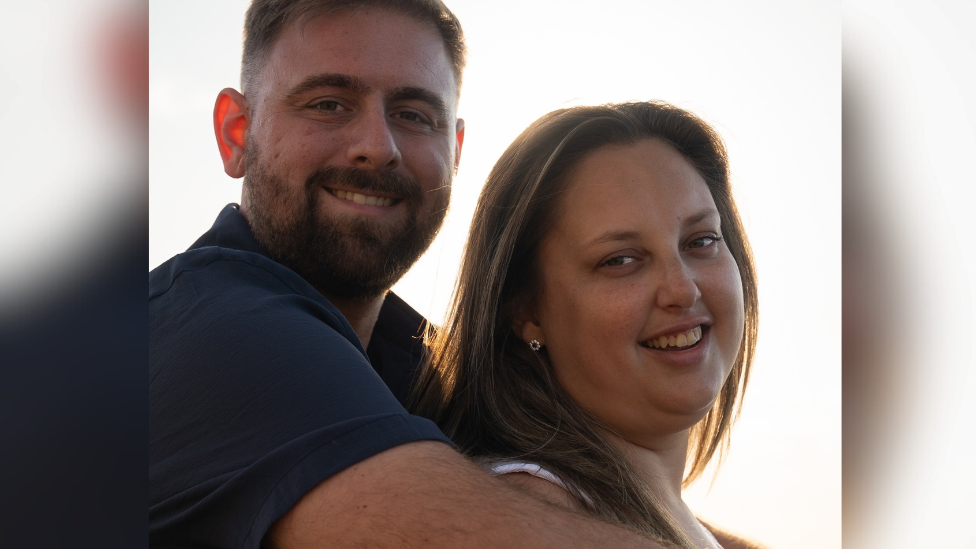New suicide prevention course to help loved ones

Chronic pain and poor mental health were closely linked, said Lisa Gibson from CPSL Mind
- Published
A mental health charity is offering free suicide prevention training to people who are supporting others living with a chronic condition.
Lisa Gibson, from Cambridgeshire, Peterborough and South Lincolnshire Mind (CPSL Mind), said it would be the local branch's first workshop focused around chronic pain and its affect on mental health.
Experiencing pain day after day could cause depression and anxiety, which could lead to suicide, the charity said.
The one-hour online sessions, external begin on 27 February and aim to help people recognise the warning signs, ask about suicide and support those at risk.
Ms Gibson, head of services, innovation and business development at CPSL Mind, said it was "human instinct to panic" if you discovered that someone wanted to end their life.
She said one in four people experienced a mental health challenge in any given year, but this increased for people with a chronic condition.
"It can lead to that sense of isolation, affect relationships, work and stop us having a really good night's sleep... which has an impact on our mental health," she said.
The charity has promoted "five ways to well-being, external", which include getting enough sleep, staying connected, being physically active, learning something new and being generous with time.
Ms Gibson said: "But all of those things are more difficult when our focus is constantly drawn away by a physical condition that's maybe causing us discomfort or distress.
"That definitely takes a toll and adds to that mental health burden."
'Always feeling scared'
Catherine Melia, 31, from Stamford, near Peterborough, said she "blamed" herself for the chronic pain she experienced, before it was diagnosed as endometriosis.
She said: "My self-esteem plummeted as I was constantly comparing myself to 'normal' people.
"Not only was I suffering physically, but my mental health was getting progressively worse, as I saw no way of improving my quality of life.
"I was depressed, always feeling scared for that one week a month where, at any point, I would be crawling on the floor, shaking, crying and sweating in agony."
Since her diagnosis five years ago, she said her mental health was "still a daily battle" while living with chronic pain.
But she added that understanding her diagnosis and the effects it could have had helped her to manage it.
Get in touch
Do you have a story suggestion for the East of England?
Follow East of England news on X, external, Instagram, external and Facebook: BBC Beds, Herts & Bucks, external, BBC Cambridgeshire, external, BBC Essex, external, BBC Norfolk, external, BBC Northamptonshire, external or BBC Suffolk, external.
More like this story
- Published9 February

- Published11 February

- Published27 January
